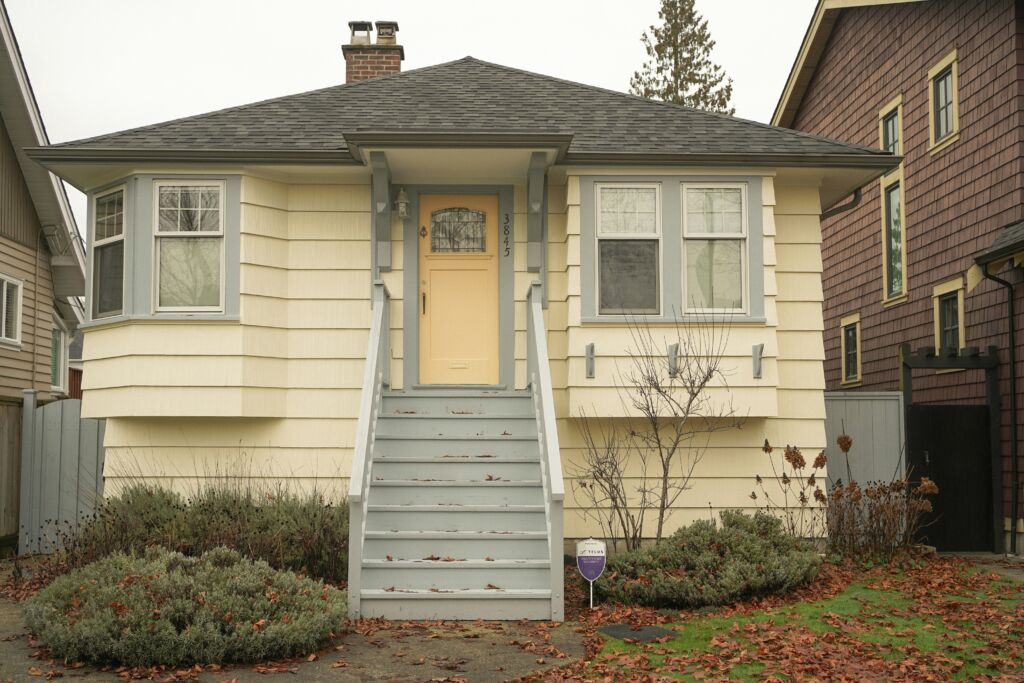
Vancouver’s Empty Homes Tax was initiated in 2017 to tackle housing affordability and availability issues in Vancouver. Homeowners in Vancouver must annually submit a declaration to ascertain whether their property is subject to the Empty Homes Tax.
Census data reveals that as of May 2016, over 25,000 City of Vancouver properties, accounting for 9.0% of all dwellings, were either unoccupied or occupied by temporary or foreign residents. With Vancouver facing one of the lowest rental vacancy rates in Canada, the city aimed to boost housing inventory and motivate homeowners to rent their available properties. To achieve this, they implemented a tax on homeowners who left their properties vacant.
Exemptions to Vancouver Empty Home Tax
If a property is unoccupied for more than six months of the current year, it will be subject to the tax unless an exemption applies. The majority of homeowners will not be subject to the tax, as it excludes principal residences or homes that are rented out on a long-term basis. Moreover, if your property is undergoing significant renovations or holds a development permit, you are exempt from the tax. Other exemptions encompass cases where a property is legally barred from occupancy by a court order, the property changed ownership during the preceding tax year, or if the primary homeowner passed away in the same year or was undergoing medical or supportive care. See the full list of exemptions on the city of Vancouver website.
The City of Vancouver has affirmed that the net revenue generated from the empty homes tax will be reinvested into affordable housing initiatives. This includes the development of low-income housing for individuals in need and other residential spaces aimed at enhancing accessibility to Vancouver for all residents.
Declaring your property status
Vancouver homeowners must submit an annual declaration to assess whether their property is subject to the Vancouver Empty Homes Tax. This requirement applies even if you reside in your home, necessitating a yearly declaration. Only one declaration is required per property each year. Find out when and how to make your declaration on Vancouver city website.
